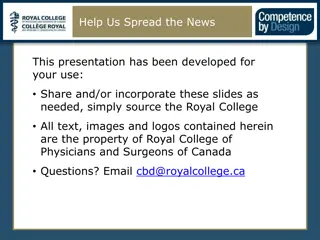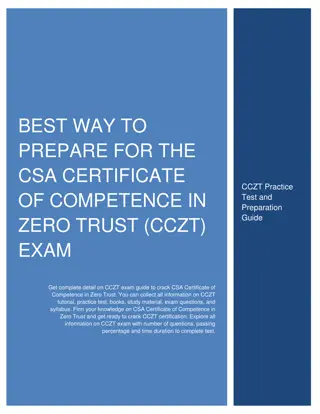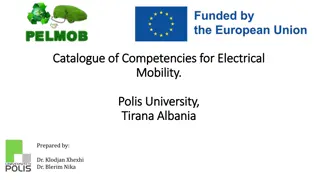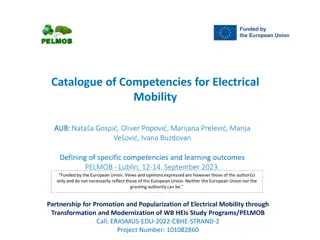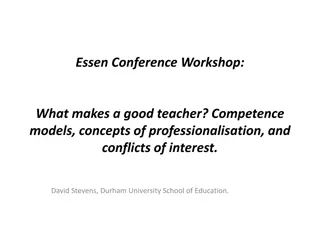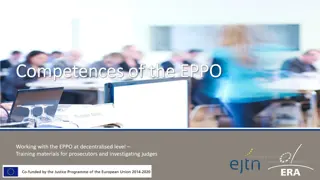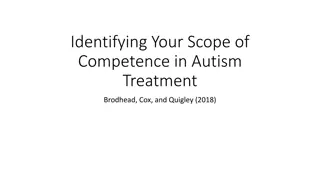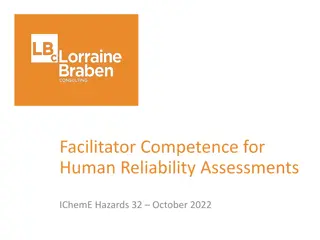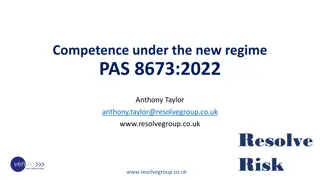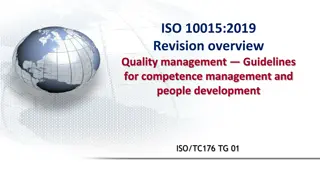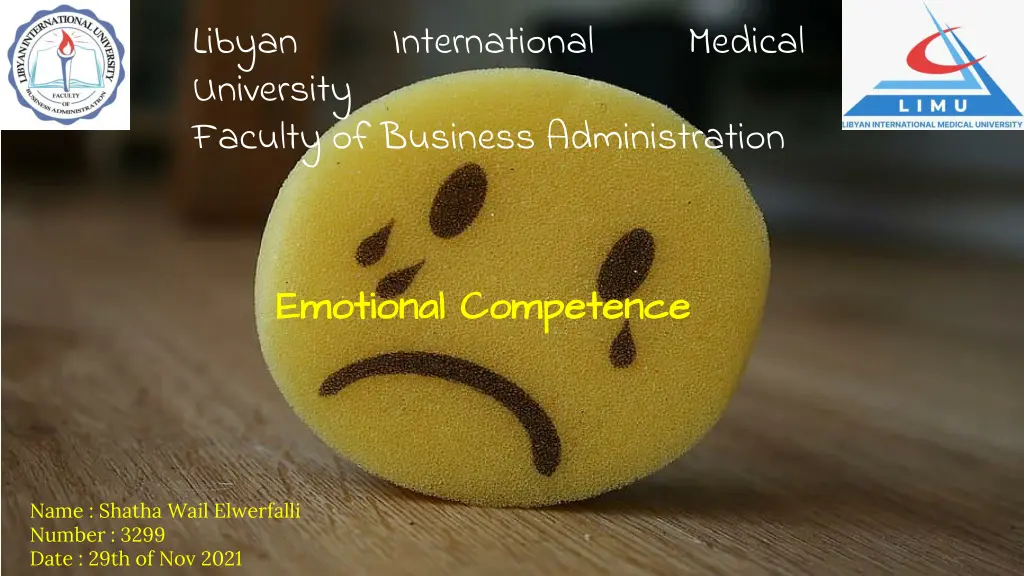
Understanding Emotional Competence for Effective Communication and Leadership
Emotional competence plays a crucial role in personal and professional success. This article delves into the importance of emotional intelligence, examples, and practical ways to develop it. Learn how emotional competence can enhance communication, leadership, and conflict resolution skills in various settings.
Download Presentation

Please find below an Image/Link to download the presentation.
The content on the website is provided AS IS for your information and personal use only. It may not be sold, licensed, or shared on other websites without obtaining consent from the author. If you encounter any issues during the download, it is possible that the publisher has removed the file from their server.
You are allowed to download the files provided on this website for personal or commercial use, subject to the condition that they are used lawfully. All files are the property of their respective owners.
The content on the website is provided AS IS for your information and personal use only. It may not be sold, licensed, or shared on other websites without obtaining consent from the author.
E N D
Presentation Transcript
Libyan University Faculty of Business Administration International Medical Emotional Competence Emotional Competence Name : Shatha Wail Elwerfalli Number : 3299 Date : 29th of Nov 2021
Table of Content 1- What is Emotional Competence 2- Examples for Emotional Competence 3- How to Develop Emotional Competence 4- Conclusion 5- Reference 1
Emotional Competence 1-The ability to understand and manage your own emotions, and those of the people around you. 2-The skills for identifying personal feelings and those of others, the skills for communicating emotions with others. 3-Refers to a person's ability to express or release one's inner feelings and also one's ability to effectively and successfully lead. 2
Examples -Emotional Awareness of Others. -Emotional Reasoning. -Emotional Self-Management. 3
How to Develop Emotional Competence -Respond instead of reacting to conflict. -Use active listening skills. -Be motivated. -Practice ways to have a positive attitude. -Practice self-awareness. -Empathize with others. 4
Conclusion -Emotional Competence is definitely a necessity in today's competitive working environment as long as we are working with humans in every role. -The ability to understand, use, and manage your own emotions in positive ways to relieve stress, communicate effectively, empathize with others, overcome challenges and defuse conflict. 5
Reference Emotional competence framework. Your Article Library. (2014, December 24). Retrieved November 29, 2021 6


